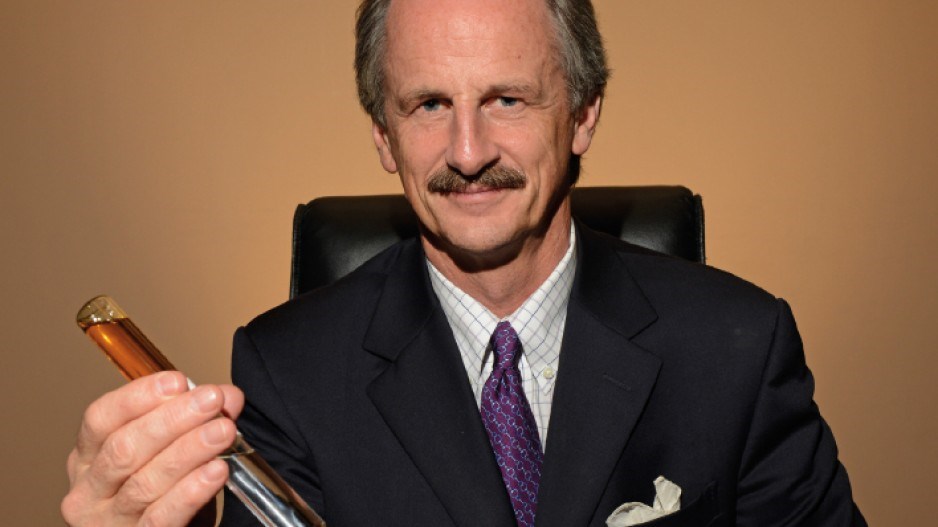Back in January, Canada’s National Research Council (NRC) flew a commercial jet using fuel made entirely from plant oil.
It came from a strain of Ethiopian mustard seed, called Resonance, developed by Agrisoma Biosciences Inc., a subsidiary of Vancouver-based Calyx Bio-Ventures (TSX-V:CYX).
The NRC concluded there was a 50% reduction in aerosol emissions, and no modifications to the jet’s engine were needed to burn the fuel.
The findings of that experiment – backed more recently by an independent Coordinating Research Council study – are significant because the closer in composition a biofuel is to petroleum diesel, the more it can be used to decrease the amount of petroleum diesel.
But what really makes Resonance marketable, according to Calyx, is that it is neither genetically modified nor derived from a food plant. Moreover, it grows in semi-arid regions, like the southern Prairies, where many other crops are hard to grow and can be cultivated as part of a crop rotation.
“The key with this is it’s a non-food crop,” said Calyx CEO Hugh Notman. “The market is moving away from canola and soy as a biofuel source. No airline, no military, none of the big buyers of fuel, on a long-term basis, will even touch a food-based crop.”
According to the U.S. National Fuel Board, about half of the biofuel used in North America comes from soy; about one-third comes from recycled cooking oil and animal fats. The rest comes from other types of oil seeds, like canola.
Agrisoma developed Resonance, without genetic modification, to produce a mustard seed with a high oil profile. It is currently being grown in the Prairie provinces and sold to a joint venture between Chevron Lummus Global and the Applied Research Associates, which processes it into Readi Diesel and ReadiJet (the fuel used in the recent NRC experiment).
The North American biodiesel market is still relatively young, but it’s poised to grow, thanks to policies in Canada and the U.S. that mandate all gasoline and diesel be blended with biofuels.
The White House’s recently announced climate action policies include a 30% increase in investment in clean energies in 2014 and specifically mentions biofuels.
In the U.S., gasoline is required to have a 10% blend of ethanol; diesel must include 2% biofuel. In Canada, all diesel must have at least 2% biofuel, but B.C. requires it to be 4%.
As the supply of biofuel grows, the industry expects its concentration in diesel to increase to between 10% and 15%.
“Displacing 10% of a 40-, 50-billion gallon market, you’re talking really big numbers, and really big carbon reductions,” National Biodiesel Board spokesman Ben Evans told Business in Vancouver.
Evans estimates the U.S. biofuel market to be worth about $4 billion to $5 billion.
The amount of biofuel that can be blended with petrodiesel is limited, in part, by saturated fat content. High concentration of saturated fats in some biofuels causes solids to form at cold temperatures.
Getting a molecular profile that is close to petroleum diesel would mean higher levels of biofuels could be added to petroleum diesel.
A recent Coordinating Research Council study confirms the Readi Diesel made from Resonance seed does just that.
“We were thrilled by it,” Kevin Rathbun, Calyx’s vice-president of corporate development and strategy, said of the study’s findings.
“One of the limitations of the biofuel industry is that a lot of the fuels that are produced are not 100% compatible with the infrastructure that is designed to run on petroleum, and the more the industry can begin to solve that problem, the more the adoption of biofuels can be embraced by the system without causing performance limitations.”




